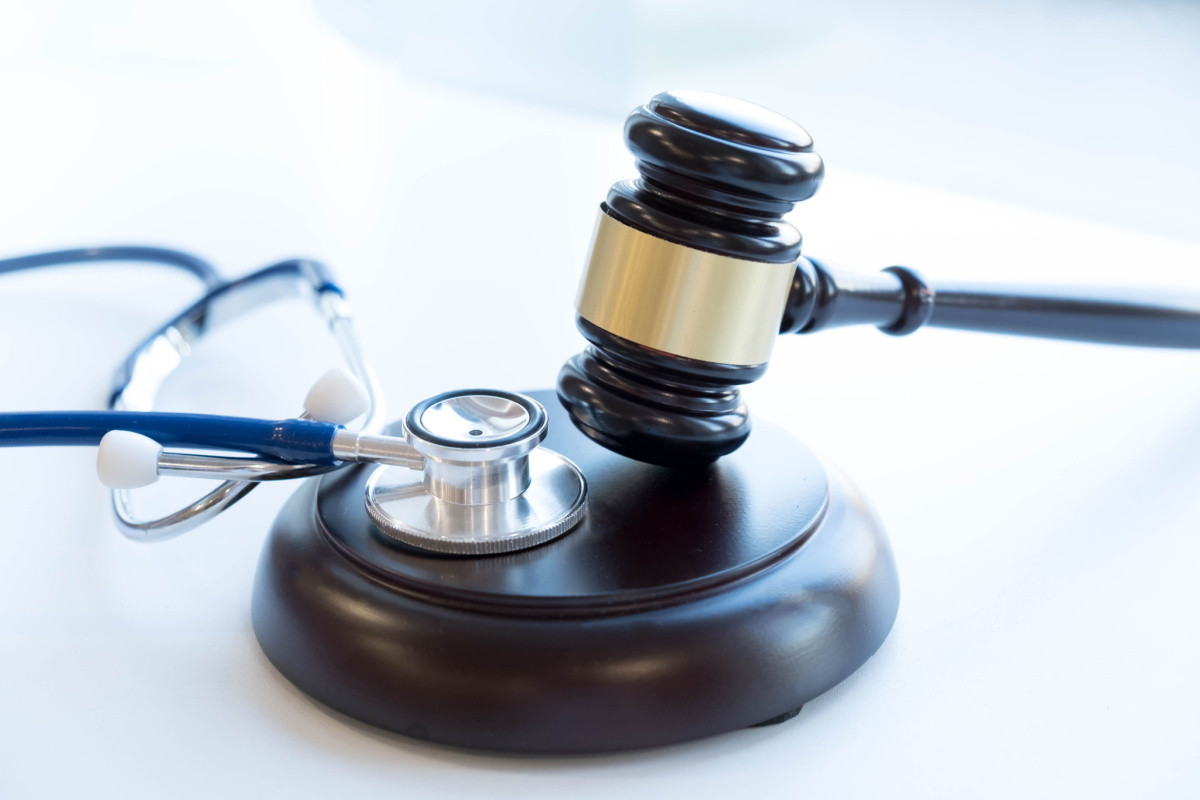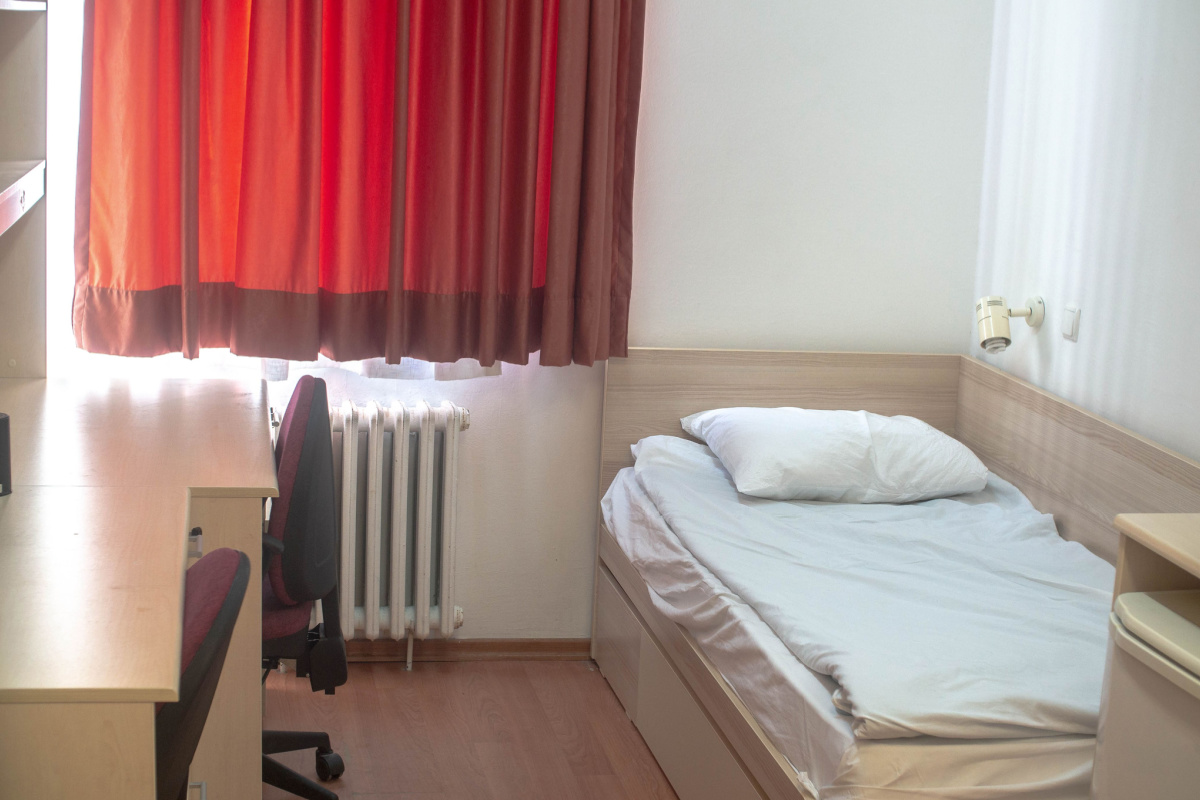What could possibly go wrong when you get a bunch of kids away from home for the first time living together on a college campus? Universities and colleges have an obligation to provide a safe environment for students living on campus but they are not usually responsible for the independent actions of their students or others while on campus. Imposing liability for injuries sustained in dorm rooms or other campus buildings begins with an inquiry into the duty owed by the institution to the injured person.
Duties Owed by Educational Institutions to Persons on Campus
Students pay educational institutions to live on campus and attend classes. In exchange, the institution must provide students and other permissible guests with a safe environment to engage in the various activities reasonably anticipated to take place. The duties owed to students are greater than to other members of the public because of the relationship between the school and the students.
As a property owner, a university has the responsibility to keep the property (known as the premises) – including buildings – in a safe and habitable condition, free from unreasonable hazards. Injuries that occur due to faulty maintenance or failing to make necessary repairs can result in the university’s liability for the damage caused. Premises liability can extend to anyone who is injured while lawfully on the premises.
An educational institution owes an additional duty to its students not owed to non-students. The duty owed to students is to properly supervise and control campus activities that are sponsored or condoned by the school for the benefit of students. When injuries occur to students participating in or as a result of school-related activities, the school can be held liable if a failure to properly oversee an activity contributed to causing the injuries.
What Happens if a Crime Takes Place in a Dorm Room?
If the occurrence in a dorm or campus room is also a crime, the actual perpetrator(s) may have criminal liability while the school may have liability for failing to protect the person(s) injured. The liability of a university for injuries caused by criminal conduct taking place on campus can be based on whether or not the conduct was reasonably foreseeable by the institution. Liability may also be imposed when a university fails to act on reports of criminal conduct.
Sexual assaults are crimes that occur far too frequently on college campuses, and many do not get reported. In a 2019 study of 182,000 college and graduate students, 13% reported incidents of non-consensual sexual contact. Universities and colleges have been under increased pressure in recent years to do more to prevent sexual assaults.
In 2021, the Louisiana legislature passed a law forcing post-secondary educational institutions in the state to implement comprehensive policies for reporting sexual misconduct on campus. School employees who don’t comply with the reporting procedures are to be fired. Schools must publish their policies and crime statistics online or risk losing funding.
The new law was largely in response to a report showing that Louisiana State University (LSU) did not have clear guidelines for reporting sexual assaults and for years had failed to take appropriate action when sexual assaults were reported. Several Louisiana universities have been named in recent lawsuits alleging mishandling of sexual misconduct claims.
How Alcohol Use Affects a University’s Liability for Dorm Room Injuries
It is well-documented that alcohol use and life on campus go together for many students. According to the National Institute on Alcohol Abuse and Alcoholism (NIAAA), close to 53% of full-time college students ages 18-22 drink alcohol. Alcohol has been reported as a contributing factor in assaults and is involved in the majority of sexual assaults taking place on college campuses.
Whether a university can be held liable when alcohol contributed to an on-campus injury may depend on the university’s policies and procedures regarding alcohol use on campus and how adequately the rules are enforced by institution representatives. No university will be held to an unreasonable standard regarding the prevention or control of alcohol use on campus. But a university that does not create and enforce an alcohol policy designed to promote student safety may be found liable when alcohol-related injuries occur.
Are Colleges Liable When Injuries Occur due to Hazing?
Hazing is a ritual on college campuses for initiating new students. The practice of hazing is a rite of passage that involves students forcing students to engage in unpleasant and often hazardous activities. All colleges and universities have zero-tolerance policies toward hazing and yet it continues on campuses across the nation often with devastating results.
In March of 2022, the Sigma Alpha Epsilon (SAE) fraternity at LSU was suspended for numerous violations of the school’s hazing policy. The suspension was only the latest penalty imposed on the campus organization with a history of serious misconduct. Other fraternities on the LSU campus have had serious problems with hazing as well. In 2017, a freshman pledge of the Phi Delta Theta fraternity died of alcohol intoxication after being forced to drink excessive amounts of alcohol during what police called a ‘potential hazing event.’
Unlike the actual participants in a hazing incident, a university or college is not necessarily liable for the injuries inflicted. If the circumstances demonstrate a failure to enforce anti-hazing policies or tolerance of hazing practices, liability for injuries due to hazing could be extended to the school for failing to provide adequate protection for the injured student(s).
What to do if You are Injured in a Dorm or Campus Room

If you are injured on the campus of one of Louisiana’s colleges or universities, you should seek medical attention as appropriate and then report the incident to campus police. The university police have the primary responsibility for enforcing university policy and state laws on school property.
If you need legal assistance, contact student services to find out if there is legal assistance available for students. If your school does not offer legal help, they should have information to connect students with other available legal resources in the community.
If you suffered an injury on a college campus or in a dorm room, contact Stephenson, Chávarri & Dawson, L.L.C. today, or call our law office at 504-523-6496.

